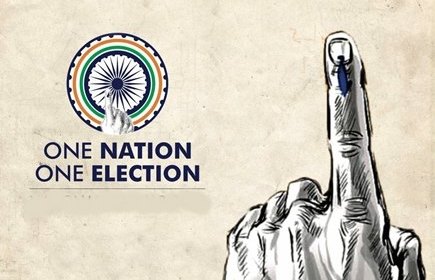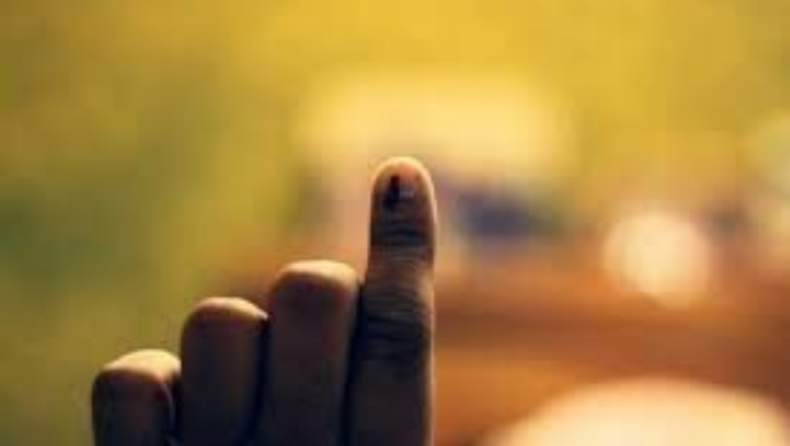The concept of one nation one election has been around since forever. In fact, some of our first elections of free India were conducted on the very same concept. This does show that the idea, if legislated and implemented properly could prove to be effective. Perhaps the biggest problem when it comes to the idea of one nation one election is the details of it. There are many who have advocated and continue to advocate for this type of system but even they fail to give all the details like what process should be followed if a government collapses. Will there be an interim government which will cover the remaining tenure? Or will all the states along with the center go for a re-election? This indeed proves the quote “The devil lies in the details.”
One of the reasons the concept is advocated is the financial promises it makes. It has been said in the parliament of India and in news channels that the cost of conducting elections will significantly reduce. They give the example of the 2019 Lok Sabha elections to show how costly a single election could be and how much of a burden it puts on our treasury (it is said that almost 55 thousand crores or so had been spent that year according to captain Ganesh Karnik). The flaw in this viewpoint is that majority of election expenditures are spent by political parties for campaigning. If proper legislation is brought or even if the existing legislations are implemented properly there is a high probability that this cost will come down.

There is no doubt that reforms are needed in our electoral process. Is one nation one election the only way to do it is the question. Various dignitaries like Jaya Prakash Narayan, former IAS officer have suggested that we could bypass one nation one election by simplifying election process itself. He also stated that the expenditure for elections can be reduced if the same is done. Captain Ganesh Karnik suggested something similar when he suggested that “Strengthening the election commission (EC) and the defections law will be more than enough.” Ghanta Ramarao a prominent lawyer in Andhra called for reforms in institutions. He suggested to bypass one nation one election by simply “making EC do simultaneous elections under the people`s representation act.”
The reforming of institutions was opposed by Srinivasa Rao who believed that unless there is change in the mindset of voters, reforms will not result in much. Concerns were raised over the administration side of things. It was almost unanimously agreed that when elections come, even if it is a simple gram panchayat election, the entire system of administration will come to a standstill because the administrators would be busy campaigning. It is believed that the coming in of one nation one election will lead to the end of or at least decrease in corruption and vote buying. Ghanta Ramarao refuted the claims as he believes that all the necessary legislations exist and what is required is the mere use of it.
There are concerns over the legality of the concept too. If brought in, this legislation will result in major changes in the constitution of India. The important question here becomes, can the people use the constitution to “weaken” or “destroy” the constitution or rather the essence of the constitution? This won’t be possible due to the doctrine of constitutional identity. Another major legal question is whether this will affect the federalism of India as many argue that this concept if brought to reality it might lead to the death of regional parties. Perhaps it is more desirable to implement the various existing legislation then bringing in a complicated piece of legislation such as that of one nation one election.












